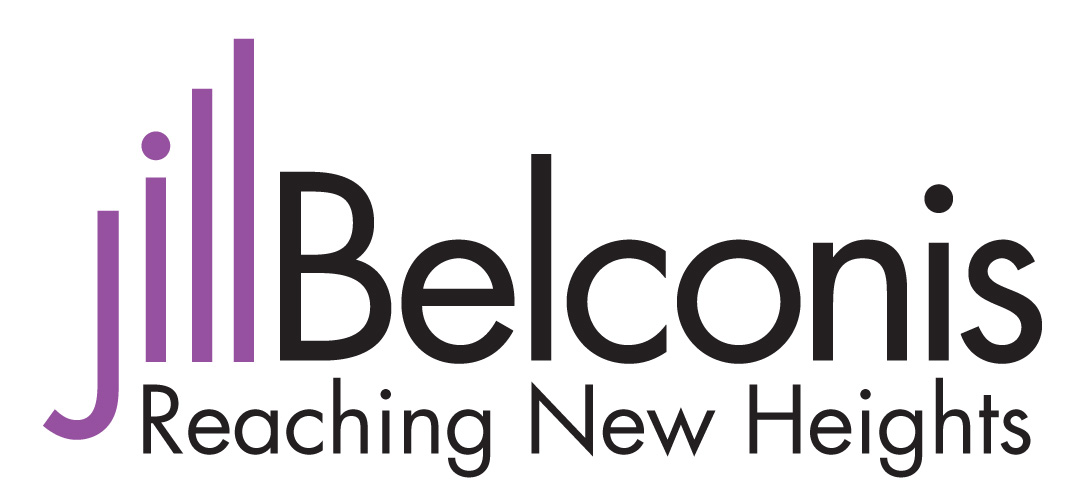Are you familiar with Dr. Stephen Karpman’s Drama Triangle involving the roles of victim, persecutor, and rescuer? Do you often find yourself or those around you getting caught in one of these roles? These unproductive mindsets may be the obstacle preventing you and your team from operating with trust and alignment. The good news is, there is a way out. Once we fully recognize what each of these roles entail and where we tend to gravitate, we can shift our mindset into more empowering and resourceful roles that will strengthen our teams and relationships.
We’re all in different situations where we may view ourselves (or be perceived by others) as a victim, a persecutor, or a rescuer, the three roles that make up the “Drama Triangle”.
Victim: It typically starts with the victim. Everything is happening to this person, and they live in a “poor me” mindset. They not only don’t take responsibility for their negative circumstances, but they feel powerless to change the situation.
Think: the teammate who is constantly coming up with excuses for why something didn’t get done.
Persecutor: To be a victim, you need a persecutor. This can be a person, situation, or circumstance. The persecutor criticizes and blames the victim, with the implication that “it’s all your fault”.
Think: the teammate that aggressively blames others claiming they do all the work around here.
Rescuer: When the victim encounters a persecutor, they quickly look for a rescuer. They want to be saved ASAP. The rescuer rushes in to fix things preventing others from learning from the consequences of their own actions. Rescuers need to help other people to feel good about themselves, often neglecting their own needs.
Think: the leader who takes over the situation from their direct report without encouraging them to correct it themselves.
It’s a chain reaction…Victims seek out rescuers, rescuers become enablers, and persecutors need a scapegoat. Sounds like drama, right?
So, how do we break free from this dreaded drama triangle?
Answer: The Empowerment Dynamic (TED).
David Emerald Wolmerdorff, author of The Power of TED, created a new triangle that transforms the powerless and dysfunctional roles into empowered and resourceful roles.
The Victim becomes a CREATOR:
The creator is focused on the desired outcomes, not the problems. They look at their long-term vision for their life. Most importantly, they shift into “I take responsibility for my part in this” thinking.
Instead of making excuses for the unfinished work, the teammate owns their actions and comes up with a solution for how they’ll move forward.
The Persecutor becomes a CHALLENGER:
The creator welcomes a challenger who inspires ideas by confronting their assumptions and the status quo. The challenger’s focus is to help the creator improve, develop new skills, make tough decisions, or do whatever is necessary to achieve their vision.
Instead of tearing others down through blame and shame, the teammate builds others up and inspires them to make hard decisions.
The Rescuer becomes a COACH:
The creator looks for a coach who asks the right questions to help the individual make informed choices instead of fixing it for them. They make sure the creator is taking full accountability for initiating action and creates space for them to learn from their experiences.
Instead of robbing their direct report from a learning opportunity, the leader empowers them to tackle the task giving them the confidence to do hard things both now and in the future.
These shifts are incredibly important and can truly transform the way your team interacts and reacts. Choosing to be a creator, challenger, or coach is not limited to your interactions at work, it can have a profound effect on any relationship in your life.
Now, it’s your turn. Which role do you identify with? How can you end your own drama and shift toward a more empowered mindset? It’s time to channel your inner creator, challenger, and coach and say goodbye to the drama!


